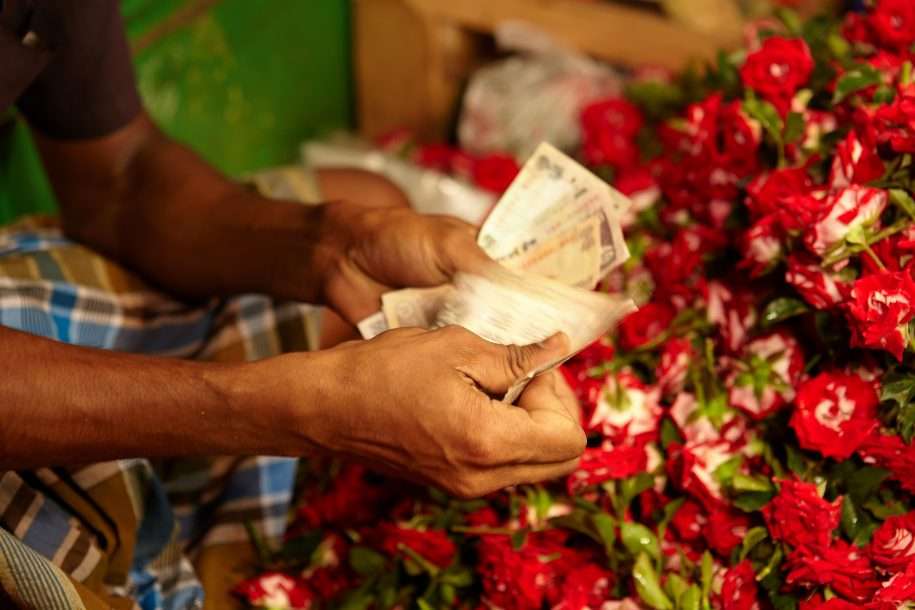The Study is operational across sixty villages in five districts. A key aspect of the project is to open no frill bank accounts (renamed by RBI to Basic Savings Bank Deposit Accounts in August 2012) or post office accounts (depending on the choice of the respondent) for the saver sample that don’t already have these accounts. Since there is no single partner organisation for the study, all the Banks and Post Offices needed to be contacted prior to when we wanted to open these accounts.
|
Net Savers Sample across 60 villages
|
No of Net Savers who opted for Bank Account
|
No of new Bank Accounts that had to be opened
|
No of Net Savers who opted for Post Office Account
|
No of New Post Office Accounts that had to be opened
|
|
1111
|
680
|
505
|
431
|
343
|
Study Findings
cts while not so much in the others. In some districts, Banks were not willing to open no frill accounts for villages even if they were very close to the Bank just because it didn’t come under their service area.
Conclusions and Policy Recommendations
- While the RBI has made the opening of no-frill accounts compulsory for Banks across India, we find that when it comes to actual implementation, there is a resistance on the part of many Banks, which often cite procedural reasons (not in our service area, lead bank permission required, minor documentation issues) to delay and sometimes discourage opening of such accounts. This is because these accounts result in very little revenue to the Bank and entail relatively higher costs to service. The tendency for such behaviour needs to be factored into the Policy and appropriate incentives could be considered to encourage Banks to be supportive of this important initiative.
- A lot of time is involved in actually getting the necessary documentation and putting things together. A little more relaxation in the documentation required to open accounts, and also support from the bank to open these accounts and having user friendly processes would help.
- A large number of persons in our villages did not seem to know that they could actually go and have these no frill accounts opened. There seemed to be little awareness about what they were entitled to. Also, in some cases, women we came across seemed intimidated about a Bank and its operations. Hence targeted, effective communication in this regard could help raise awareness levels and bring about a greater consciousness among the poorer sections about their rights in this area.





